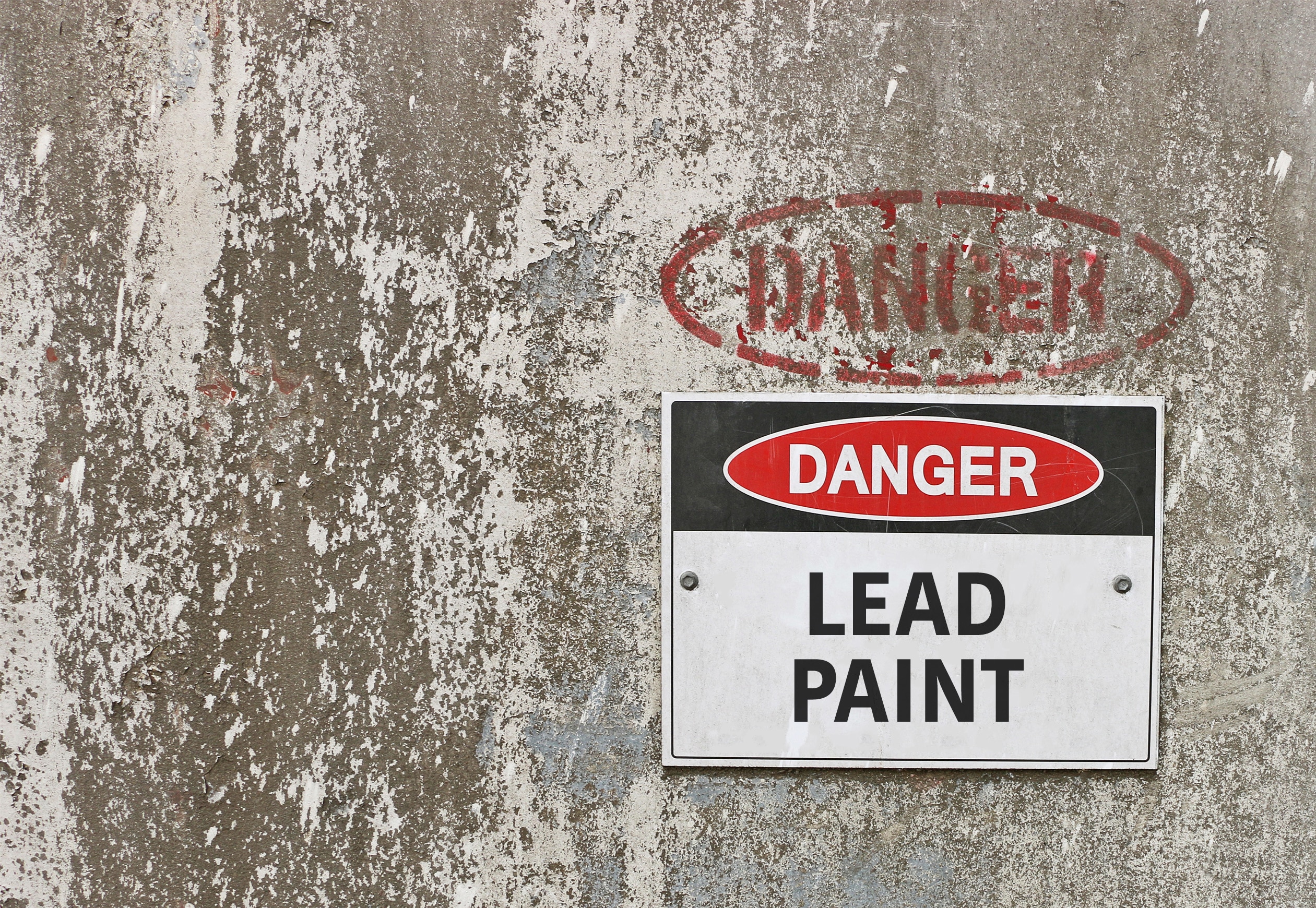Lead poisoning is a serious health concern that shouldn’t be taken lightly, children in particular are at risk of exposure to this toxic heavy metal. You can help to protect your family by keeping your home clean and following a healthy balanced diet.
Lead exposure can affect the developing nervous systems and brains of children which can cause adverse symptoms including anemia, headaches, aggressive behavior, appetite loss, hypertension, constipation, headaches, irritability, memory loss, sleep issues, and loss of developmental skills.
Adults are also affected by lead exposure, not just children, and according to the study published in The Lancet Public Health journal lead is suggested to be behind adult deaths at a rate 10 times higher than what was previously thought. This study analyzed data on 14,000 American adults who were followed for 20 years after initial testing for levels of lead in their blood.
Based on their findings lead exposure was suggested to cause at least 412,000 adult deaths annually within America, and the researchers warn lead exposure can increase risks of developing hypertension, stroke, and ischemic heart disease.
Before purchasing or renovating an older home be sure to have it checked by an inspector to check for lead to minimize exposure, and keep children and pregnant women away while work is being done in any home constructed before 1978 to be safe. Information must be disclosed before you rent or purchase a property if you ask if the home has lead based paints. Unfortunately this may be hidden under layers of new paint, the paint itself isn’t typically a problem if in good shape, when it starts to deteriorate is when the paint poses a health threat.
Chipped, cracked, or peeling paint can be ingested, even friction on the areas with lead paint can produce dust that can be inhaled which is a health hazard. The dust from deteriorating paint can end up on plates, food, utensils, in glasses of water, on toys, pacifiers, pets, and on hands.
Water in the home itself may even be contaminated, lead can leach into drinking water from lead contaminated pipes, faucets, and solder. Tap water from homes constructed pre 1986 are more likely to contain lead. Reports from the EPA on water quality for the local area water systems may have information, to be safe you can get water from the home tested. Use a water filter that is certified to remove lead by NSF International, and change the filter cartridges as recommended.
Avoid using items that may contaminate food such as lead crystal glasses or lead glazed pottery or porcelain. If you are making a home garden be sure to plant your crops away from the foundation of any older home to avoid contaminating them.
Consuming healthy foods rich in vitamin C, iron, and calcium can help to prevent lead from being stored in the body such as dark green leafy vegetables, milk, tofu, yogurt, cheese, beans, lean meat, peanut butter, grapefruit, green peppers, oranges, and tomatoes.
The CDC recommends children should be screened for lead poisoning, especially those at high risk for exposure. You can help protect your family from exposure to heavy metals such as lead by keeping your home clean and eating a healthy balanced diet.




